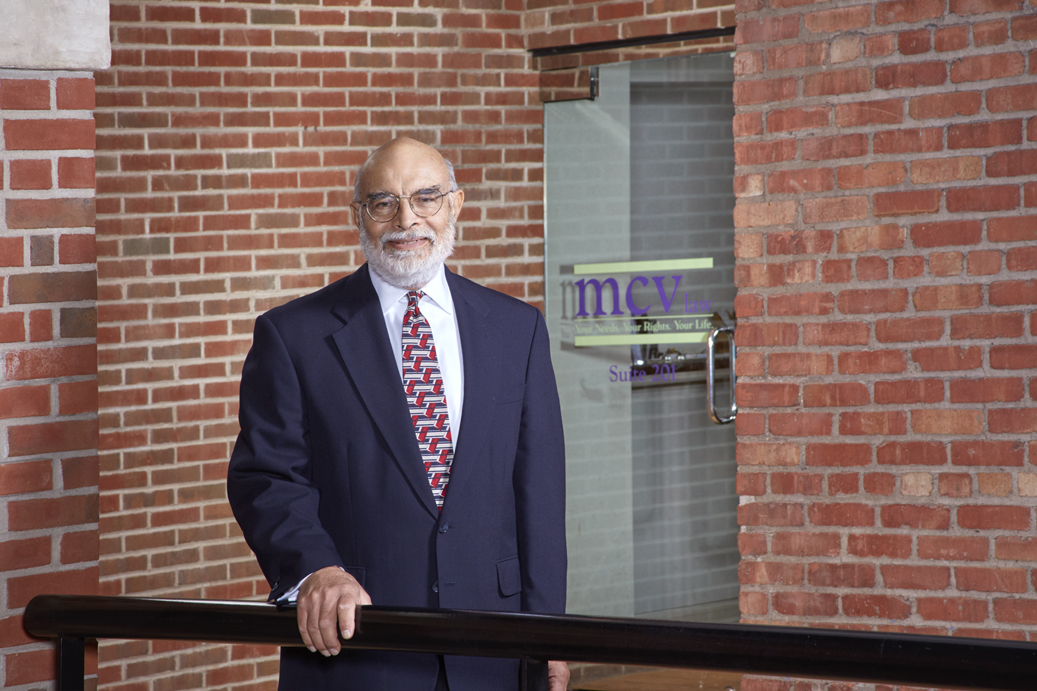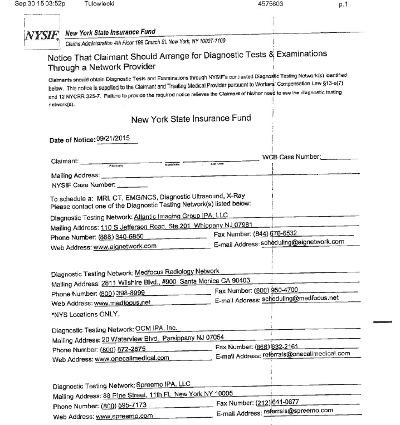
Yes! Everyone who rents an apartment or a house should have renter’s insurance. And yet, if you are like most people, you probably do not have renter’s insurance. Most people are under the illusion that any damages will be covered by their landlord’s insurance, however this is not true. A landlord’s insurance will only cover what a landlord owns, and will be limited to the land and the physical structures on the land. Any of your personal property, will not be covered by your landlord’s insurance company.
A little known secret of renter’s insurance is that it does not cost that much. An average policy cost $15 per month or $180 per year. If you go with a cash-value plan, which reimburses you for the current market value of any given item, you will pay a little less. If you have a replacement plan, which covers the entire cost of purchasing a new item, you will pay a little more.
Therefore, if you have a break-in or a fire, and you have renter’s insurance, you will be able to replace your belongings. In addition, if someone hurts themselves inside your home and claims you are responsible, renter’s insurance will cover your liability.
As you can see, renter’s insurance is well worth the cost.
Heather La Dieu
Email: hladieu@mcvlaw.com
Phone: 315-471-1664
Heather R. La Dieu has been an associate in Meggesto, Crossett & Valerino, LLP’s Litigation Department since 2001. Ms. La Dieu focuses her practice primarily in personal injury cases involving motor vehicle accidents, premises liability, construction accidents, municipal liability, wrongful death and products liability. Ms. La Dieu also practices in the area of insurance law, contract law and criminal defense.
Ms. La Dieu is a graduate of Syracuse University where she earned her B.S. in Chemical Engineering and received her J.D. at Syracuse University College of Law.
Ms. La Dieu is admitted to the New York State Bar, the U.S. District Court for the Northern District and the Supreme Court of the United States of America. Ms. La Dieu is a member of the Onondaga County Bar Association, New York Bar Association and Central New York State Women’s Bar Association. Ms. La Dieu also has arbitrated for the Syracuse City Court Arbitration Program.




